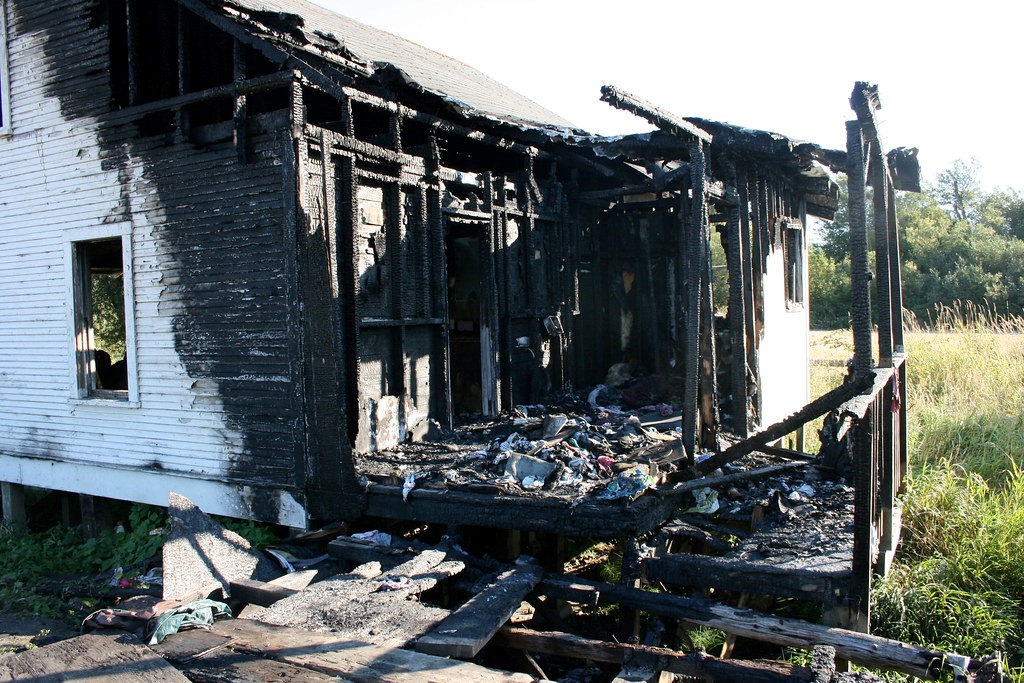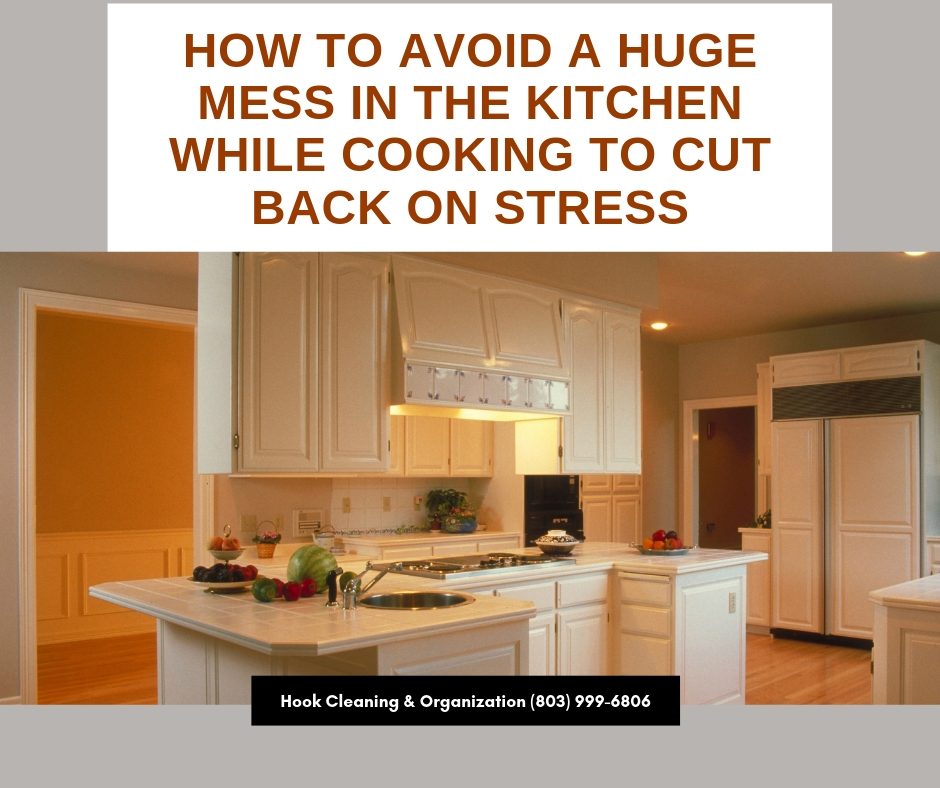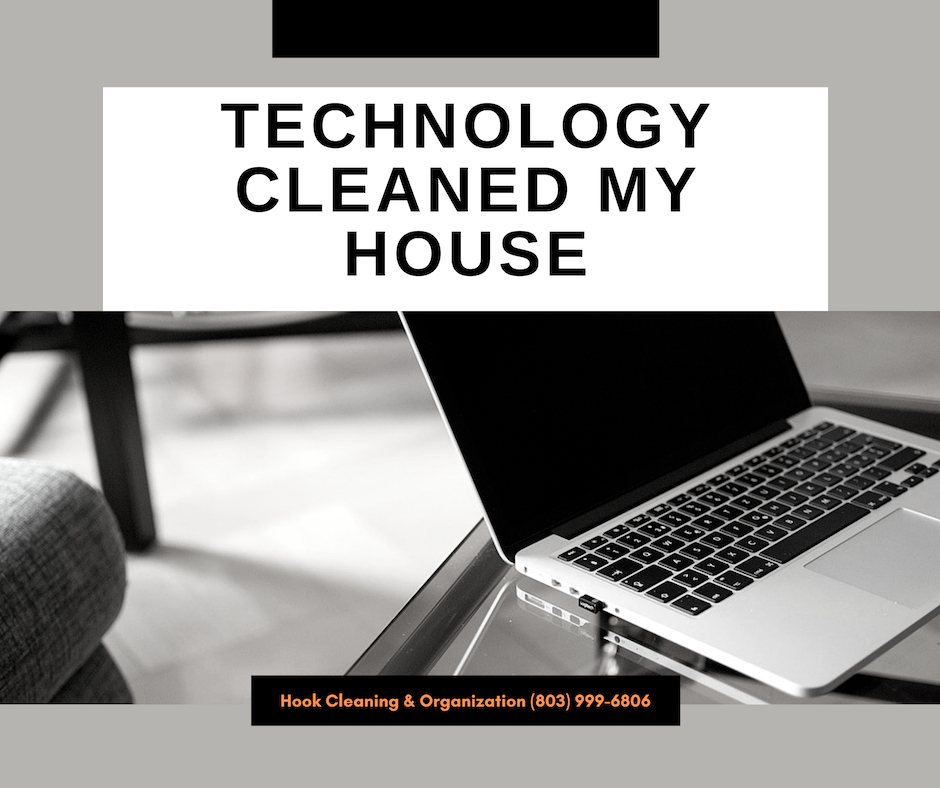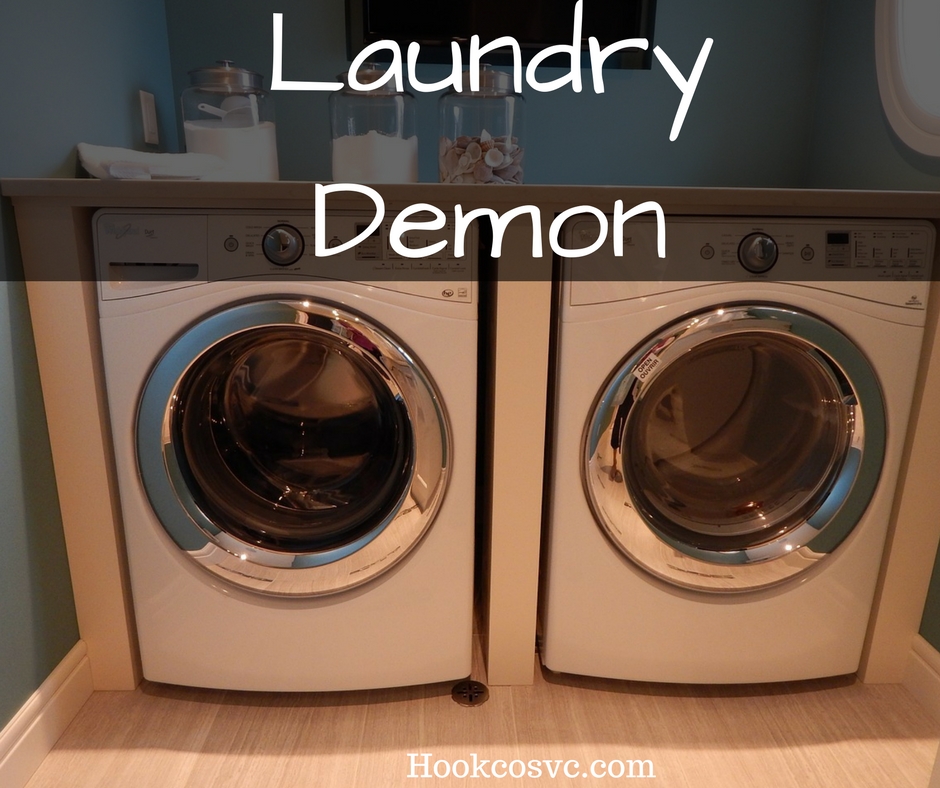Fire Safety

DO YOU HAVE A FIRE ESCAPE PLAN FOR YOUR HOME? I hope your answer to this question is yes. If not, please make one now. No one ever wants a house fire to happen, but if it does, you will be glad you had an escape plan in place.
IF YOU DO HAVE A FIRE ESCAPE PLAN, WHEN WAS THE LAST DRILL? Practice makes perfect. It is important to periodically practice your fire escape plan, especially for young kids to make sure they know what to do as time is key in your escape plan. They should be scheduled on your calendar yet be unscheduled when they happen. Again, quick action is the key to safely escaping.
HAVE YOU CHECKED YOUR FIRE EXTINGUISHER? They should be check at least twice per year. I usually recommend to my family and friends to schedule it with their Spring and Fall cleanings. This way they are sure to make sure they are full and ready for use in case they are needed. It is also essential to have the appropriate fire extinguisher. Household fire extinguishers are typically A, B, or C class
WHEN WAS THE LAST TIME YOU CHECKED YOUR SMOKE/CARBON MONOXIDE DETECTORS? If you have a smoke detector and/or carbon monoxide detectors in your home, please check the batteries at least twice a year and if you have had them in your home for 5 or more years, please check the expiration date on the back of the detector. Yes, they have expiration dates which most people do not know. There should be one on every floor, in the kitchen, garage entrance to your home, in the hallways of all bedrooms.
HERE ARE A FEW PLACES/ITEMS THAT ARE TYPICAL HIDDEN CAUSES OF FIRES OR WHERE FIRES FREQUENTLY HAPPEN:
Kitchen-grease from cooking, grease-covered hood exhaust screens/covers. Keys to preventing a grease fire are to keep clean up any and all grease while cooking and after cooking. Frequently cleaning the hood exhaust screens and covers, and all cabinets around the stove are key to lessening your chances of having a grease fire. Small appliances like toasters and toaster ovens can be another source of common kitchen fires. Be sure to keep them properly cleaned and free of debris.
Laundry room-dryer vent exhaust. The key to prevention is to keep the exhaust line cleaned. The more you use your dryer, the more you need to perform regular maintenance on the exhaust line.
Candles. Never leave them burning while asleep or outside of the home. Always burn them on stable/flat surfaces to prevent them from falling over.
Chimney. The key to avoiding a fire is to keep the chimney cleaned before you start using it or after it has been used for the season. Also keeping the fireplace free of flammable items and debris is a safety component that should be practiced each time you use it.
Space heaters. Never use in an enclosed space. Keep away from flammables. Try to locate it in an area where if it did start a fire, safe escape is possible.
Bathroom exhaust fans. Keep them free of dust and/or debris.
If you would like further information on how to make your home as fireproof as possible, I would recommend going to the National Fire Protection Association website, American Red Cross, or contacting your local fire station as they do provide free help with fire safety knowledge and prevention.



